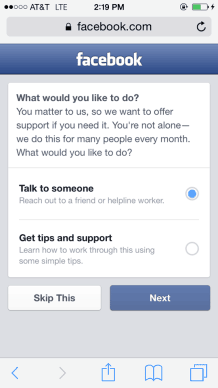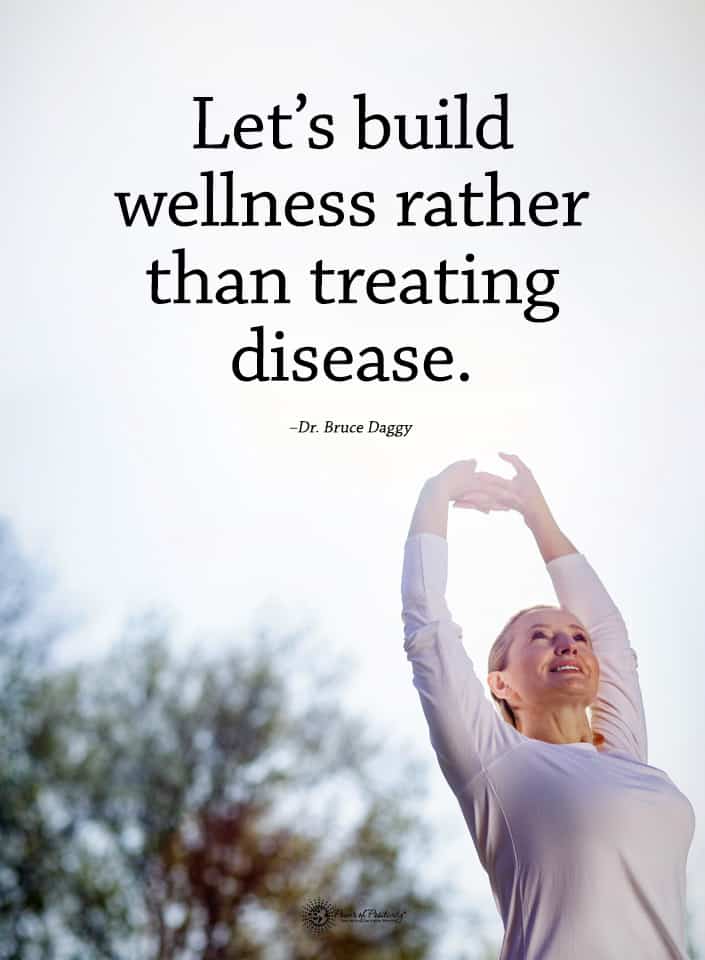“A negative mind will never give you a positive life.” – Unknown
Having a positive mindset in a seemingly negative world can be challenging, but you can learn techniques and tricks so that keeping positive becomes second-nature. We stress positivity so much because a healthy mindset is the building block of everything else that happens in your life. Remember, you attract what you are, so by filling your mind and body with as much positivity as you can muster, you will start coming across more uplifting, fulfilling people and experiences.
Some people seem to just ooze positivity no matter what, and maybe we could learn a thing or two from these people.
Here are 5 things positive people do differently:
1. They avoid a victim mentality.
Positive people don’t blame anything outside themselves for the events that happen to them; they realize that they have full control over their own lives and emotions. Anytime you place blame on someone or something else, you relinquish your own power. Positive people take full responsibility for their thoughts and actions, and don’t allow negative thinking to slow them down. While mastering the mind can take a lot of time and dedication, breaking past old barriers and leaving behind toxic ways of thinking can totally transform your life.
If you’d like to read more about positive thinking tips, read our article here.
2. They treat themselves well.
Simply put, positive people love themselves. Because they truly have become their own best friend, they treat themselves like a million bucks. They eat things that will nourish them and give them energy, move their bodies daily, make some time for self-care, and hold a job that truly makes them happy. Positive people live a life that feels like home to them, that makes them feel whole. They know happiness begins within, so they have worked tirelessly to transform any blockages within into openings for more light and positivity to shine through.
They don’t put their health on the back burner; they make time each day for eating well, exercising, meditating, and whatever else makes them feel energized and alive.
3. They don’t look for happiness, they create it.
More than anything else, perhaps, positive people don’t search for happiness. They actively create it each day based on their thoughts, actions, and relationships with others. They have filled themselves with so much positivity, that it naturally spills over and spreads to others. Thus, they don’t need anything outside themselves for happiness, because they have created it from within their own hearts. While other people and events can bring them happiness, of course, they don’t depend on these things to feel good. They’ve cultivated this feeling so that they don’t have to rely on anyone or anything else to provide it for them.
This type of freedom seems elusive, but can be achieved through deep meditation, time for self-care, and truly developing a relationship with yourself.
4. They try new things often.
Positive people don’t stay stuck in a bubbly of safety and security; while the comfort zone might feel cozy and familiar, they realize that nothing much happens there. Growth can’t occur in a stagnant environment, so they make sure to put themselves out there often and have new experiences. Positive people feel fear just like everyone else, but the difference is, they push past that insecurity and doubt despite these feelings. They don’t allow their minds to dictate their lives, instead choosing to defy their thoughts and tell themselves that they have every ounce of strength and ability necessary to achieve new things.
5. They don’t sweat the small stuff.
Positive people don’t let trivial matters get in the way of living a happy life. While life might throw them difficult situations from time to time, they take them in stride and work through them as they come. They don’t let those situations throw them off kilter and destroy their inner peace. They ask themselves, “Is this really worth losing my peace over?”
This allows them to keep things in perspective and remember what really matters in life. One late car payment or a blown tire won’t put a huge dent in their happiness levels, because they understand that life requires negatives to appreciate the positives. They see the silver lining in each situation, and allow the difficult times to teach them important lessons about their journey.





 Final Thoughts on Learning How to Let Go of Worry
Final Thoughts on Learning How to Let Go of Worry




